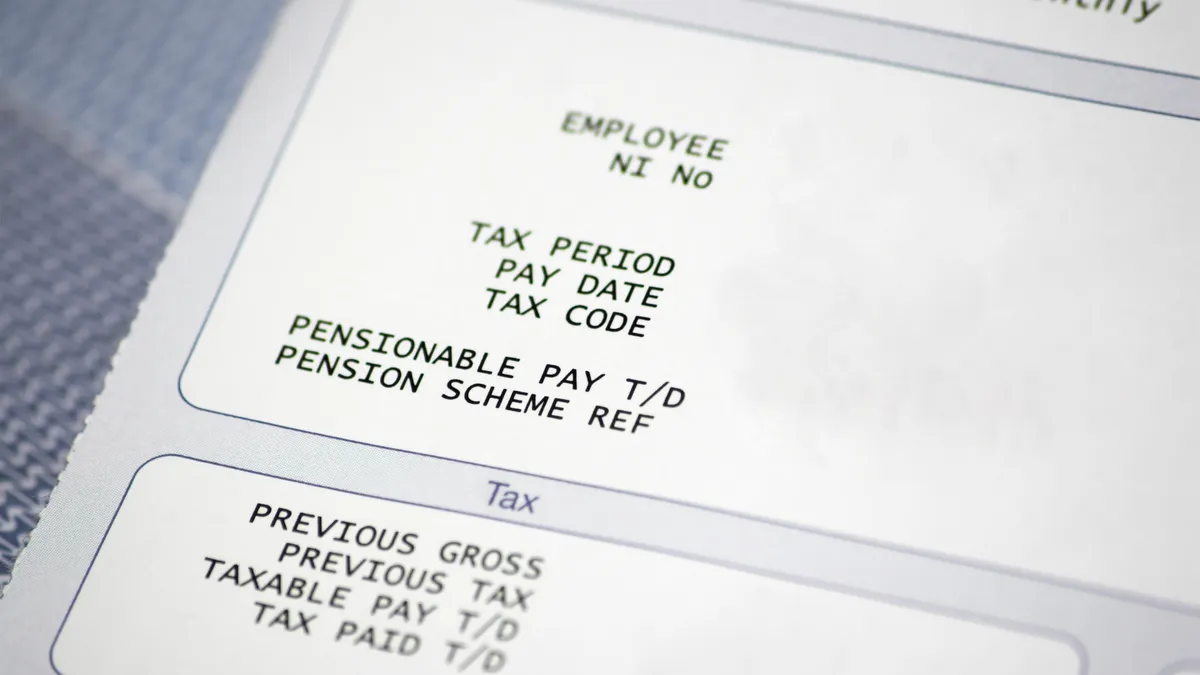The U.S. Department of Labor announced Oct. 31 a proposed rule to expand the scope of investment advice that would be considered fiduciary under the Employee Retirement Income Security Act and Internal Revenue Code, including advice made by individuals involved in employer-sponsored retirement plans.
Notably, DOL’s proposal would change the five-part test articulated in its 1975 ERISA regulations to state that such investment advice is fiduciary if the person providing it does so “on a regular basis as part of their business,” the agency said.
Additionally, the advice must be “provided under circumstances indicating that the recommendation is based on the particular needs or individual circumstances of the retirement investor and may be relied upon by the retirement investor as a basis for investment decisions that are in the retirement investor’s best interest.”
In a press release, DOL said that the updated definition would apply when financial services providers give investment advice for a fee which, it argued, can result in reduced returns and higher costs. The department said these amount to “junk fees” incurred by retirement savers that effectively chip away at their savings.
“For too many workers, the road to lifelong financial security is unnecessarily paved with uncertainty,” Acting Secretary of Labor Julie Su said in the release. “This rule ensures that savers of all income levels can work confidently with investment professionals to grow their nest egg and prepare for the joyful retirement they deserve.”
In an email to HR Dive, Josh Lichtenstein, partner in the ERISA fiduciary practice of law firm Ropes & Gray, said that DOL’s rule, if finalized, may push the investment advice industry away from commission models to fee-based models. Lichtenstein said the proposal also addresses recommendations to roll over plan assets from a workplace retirement plan into an individual retirement account, as well as certain annuity and insurance products.
DOL last attempted to amend the fiduciary definition under the Obama administration in 2015, but that effort was dashed when the 5th U.S. Circuit Court of Appeals vacated the rule prior to its enforcement.
Separately, the agency also proposed amendments to an exemption from certain prohibited transactions under ERISA and the Internal Revenue Code. In the release, DOL said that these amendments would “make the exemption conditions more uniform and protective” by requiring fiduciaries to give advice that meets a professional standard of care or duty of prudence, puts investors first and prohibits fiduciaries from charging more than reasonable compensation or misleading investors.
Public comments on the proposal may be submitted until Jan. 2, 2024.














